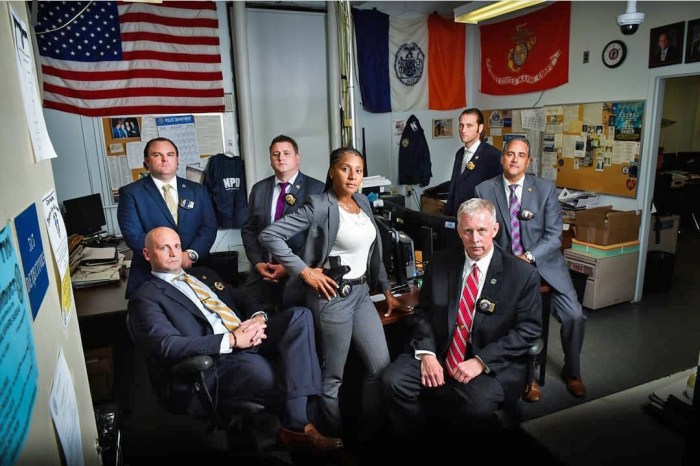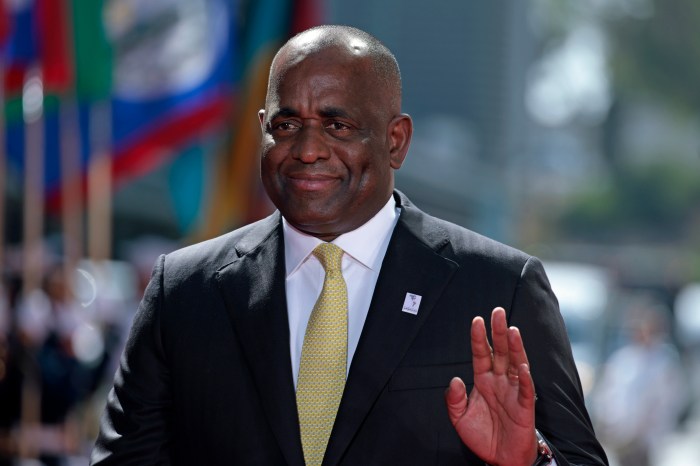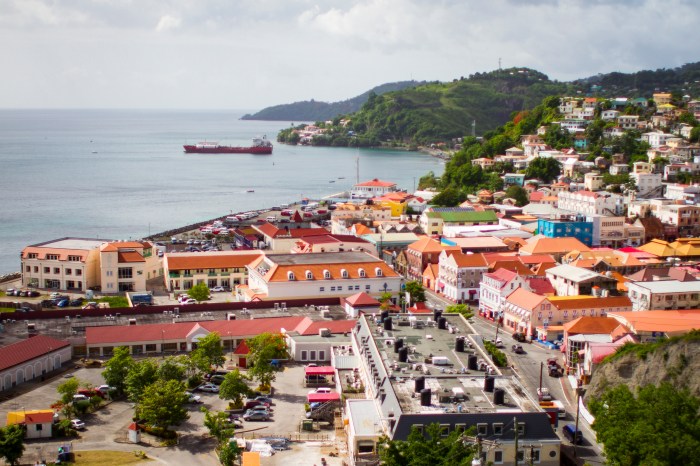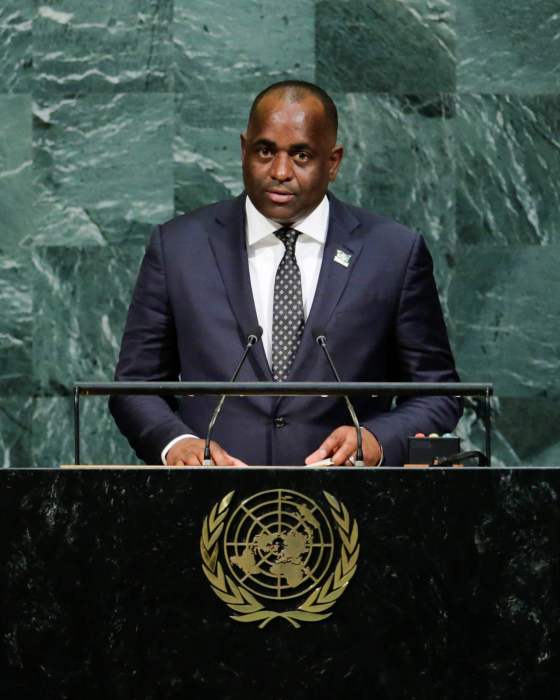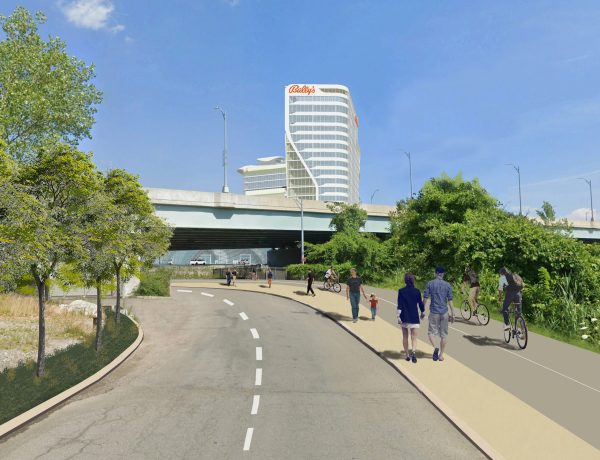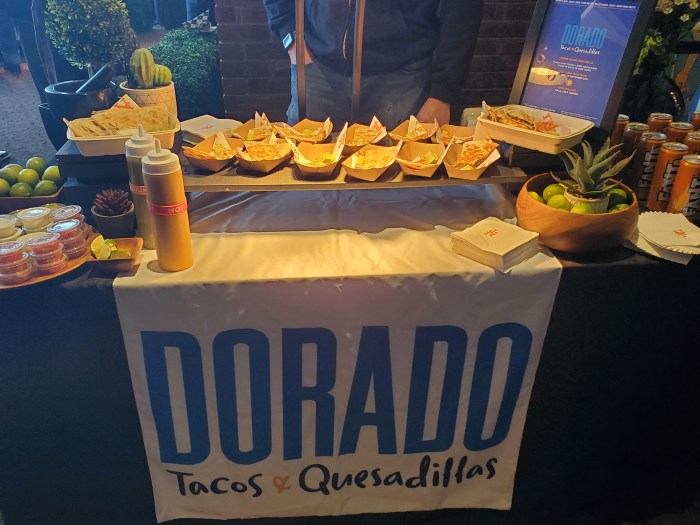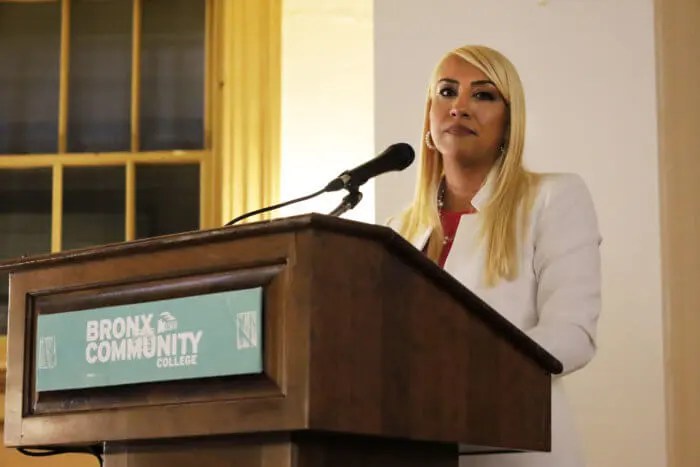Saying he immediately recognized the history and significance of the moment, Prime Minister Roosevelt Skerrit of Dominica and incoming Chairman of CARICOM told colleagues Monday night that he had earlier this year suggested that Trinidad be allowed to host this week’s regional summit because the Treaty of Chaguaramas, the governing document establishing the 15-nation bloc, was signed on that very island 50 years ago this month.
So although Prime Minister Keith Rowley hosted the three-day summit which ended late Wednesday, Skerrit was the actual chairman of this special meeting which accommodated big names including US Secretary of State Anthony Blinken, the UN secretary general, the president of Rwanda, the prime minister of South Korea and the secretary general of the Commonwealth.
The summit formally opened on Monday night with speeches from Rowley, Skerrit, regional Secretary General Carla Barnett, the UN chief and immediate past bloc chair PM Phillip Davis of The Bahamas. On Tuesday morning, the leaders and their guests traveled west from their base in Port of Spain to Chaguaramas where the Treaty was signed 50 years ago to commemorate the event, to plant commemorative trees, insert a time capsule and relive the moment when prime ministers Forbes Burnham, Michael Manley, Eric Williams and Errol Barrow signed the documents establishing Caricom.
PM Rowley said the founders had helped “to build a home where we can find refuge and purpose. We are stronger together. Whatever divides us will never be bigger than what unites us,” he said. Skerrit, one of the longest serving leaders alongside Ralph Gonsalves of St. Vincent, told the special ceremony that despite some challenges including the vagaries climate change had inflicted on the region, “I believe in large measure we are on the right track.” He complained about unkept promises from the first world about climate change aid and other forms of assistance, saying that “sometimes we feel like not going to any of the COP (climate) conferences. Too many injustices are meted out to us,” he said, also mentioning problems with mostly American banks refusing to serve a correspondent banks for the region,” calling this an “existential threat” to the Caribbean
At Monday night’s opening ceremony, the Antonio UN chief Antonio Guterres begged Caricom and the international community to ensure Haiti gets a multinational force to help the national police cope with the security crisis in the bloc’s poorest and most populous nation.
“I am coming here from Haiti. The security situation is appalling, humanitarian needs are soaring, and there is not yet a political solution in sight. It is impossible to look at the crisis without seeing the long shadow of centuries of colonial exploitation, extortion, dictatorship and other screaming injustices. We must help ease the suffering of the Haitian people. I want to remind you that our humanitarian appeal is only funded at 23 per cent funded. It is a tragedy within a tragedy. I will continue to push for a robust international security force – authorized by the Security Council – to be able to help to help the Haitian national police to defeat and dismantle the gangs, and I reiterate my call to all partners to increase support for the national police in the form of financing, training, and equipment,” he said.
As proof that Haiti will be a key agenda item, The Bahamas’ Phillip Davis pledged his country’s support as one of the focal point nations on Haiti. “None of us can be safe until we are all safe. There is the long-term issue of restoring the country to that of a fully-functioning, democratic state,” signaling that the meeting will need to discuss the Haitian situation in depth.
Jamaica recently hosted dozens of stakeholders from Haiti as the bloc had tried to broker a peace deal between rival political parties and groupings. Follow up meetings are planned in the coming weeks.


